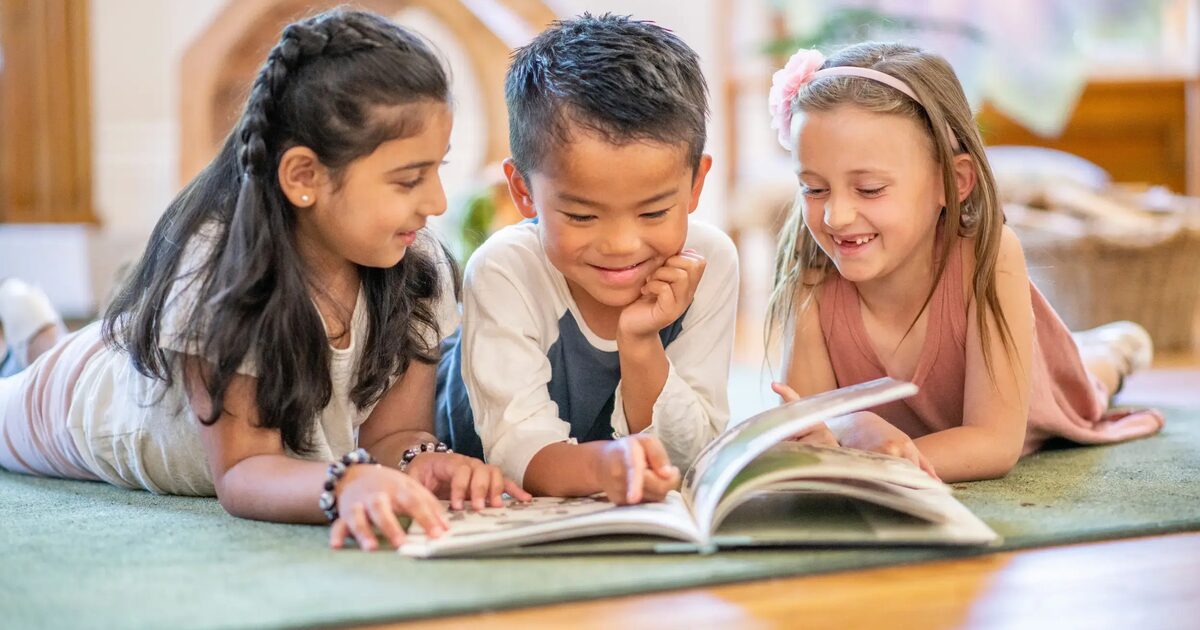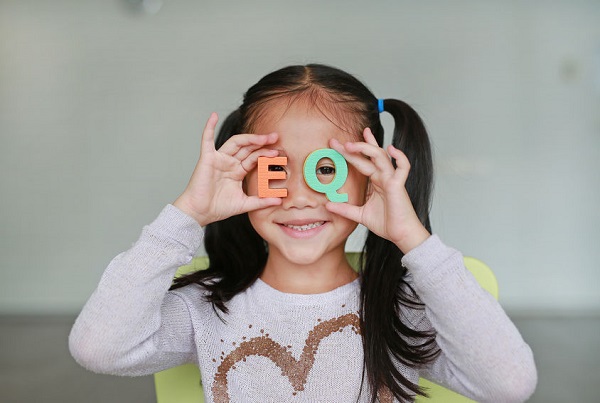Handling Cultural Conflicts in Multicultural Parenting
To handle cultural conflicts in multicultural parenting, acknowledge diverse backgrounds and foster sensitivity. Approach differences openly and discuss conflicting beliefs respectfully. Use effective communication by listening actively, validating feelings, and creating a safe space for dialogue. Find common ground beyond cultural disparities and cherish diversity. Celebrate different customs and demonstrate the value of respecting varied cultures to your children. Consider seeking therapy for productive conflict resolution and work with culturally competent therapists to enhance understanding and empathy. Encourage unity in diversity within the family for harmonious parenting.
Key Takeaways
- Foster cultural sensitivity and understanding in family dynamics.
- Embrace diverse perspectives and values with an open mind.
- Establish common ground by identifying shared values.
- Seek professional support from culturally competent therapists.
- Celebrate the richness of cultural diversity in parenting.
Understanding Cultural Differences

To effectively navigate cultural conflicts in multicultural parenting, it’s vital to first understand the various cultural differences at play within your family dynamics. Cultural sensitivity is essential in fostering harmony and respect in intercultural parenting.
Embrace the beauty of diversity within your family unit, recognizing that each cultural background brings unique perspectives and values to the table. Approach differences with an open mind and a willingness to learn from one another.
In intercultural parenting, it’s important to acknowledge that there may be conflicting beliefs or practices stemming from diverse cultural upbringings. Take the time to discuss these differences openly and respectfully. By fostering an environment of understanding and acceptance, you can create a space where each family member feels valued and heard.
Effective Communication Strategies

Managing cultural conflicts in multicultural parenting requires implementing effective communication strategies that promote understanding and harmony within the family unit.
Vital listening plays a significant role in effective communication. It involves fully concentrating, understanding, responding, and remembering what’s being said. When engaging in active listening with your partner or children, make sure to give them your full attention, validate their feelings, and ask clarifying questions to demonstrate your interest in their perspective.
Open dialogue is another essential aspect of effective communication in multicultural parenting. Encouraging open dialogue means creating a safe space where family members feel comfortable expressing their thoughts, emotions, and cultural beliefs without fear of judgment.
Establishing Common Ground

When managing cultural conflicts in multicultural parenting, finding common ground is essential for fostering understanding and unity within your family dynamic.
Building trust and bridging gaps between different cultural perspectives can be challenging but highly rewarding. Start by actively listening to each other’s viewpoints without judgment. Acknowledge and validate the cultural differences that exist within your family, recognizing them as strengths rather than obstacles. Encourage open discussions where everyone feels heard and respected. Seek to find common values and goals that transcend cultural differences, focusing on what unites rather than divides you.
Engage in activities that celebrate the diverse backgrounds present in your family, such as sharing traditional meals, participating in cultural events, or learning about each other’s customs. By creating opportunities for exposure and education, you can foster a deeper appreciation for each other’s heritage.
Remember that the journey towards establishing common ground is ongoing and requires patience, empathy, and a willingness to compromise. Embrace the richness that cultural diversity brings to your parenting experience, and let it strengthen the bond within your family.
Embracing Diversity in Parenting

Embrace the beauty and richness of diversity in your parenting journey, allowing it to shape a vibrant tapestry of experiences and perspectives within your family. Celebrating differences can foster a sense of unity in diversity, enriching your children’s understanding of the world. By embracing diversity in parenting, you demonstrate to your children the value of respecting and appreciating various cultures, traditions, and beliefs.
As you navigate the intricacies of multicultural parenting, remember that each unique aspect contributes to the colorful mosaic of your family life. Encourage open discussions about cultural differences, fostering an environment where questions are welcomed and curiosity is nurtured.
Embracing diversity also involves actively seeking out opportunities to expose your children to a variety of customs and practices, broadening their worldview and promoting inclusivity.
Seeking Professional Support
Consider reaching out to trained professionals to navigate cultural conflicts in multicultural parenting effectively. Therapy options can provide a safe space for you and your family to address these conflicts in a constructive manner. A therapist with cultural competence can help you explore how your different backgrounds may be impacting your parenting styles and family dynamics.
Therapy can offer valuable tools and techniques to improve communication, understanding, and empathy within your multicultural family. By working with a professional, you can learn to appreciate each other’s perspectives, identify common ground, and find effective ways to bridge cultural gaps.
Cultural competence in therapy guarantees that the professional understands and respects the nuances of your diverse backgrounds. This level of understanding can foster a supportive environment where you feel heard and validated. Additionally, therapy can equip you with strategies to navigate cultural conflicts proactively, fostering harmony and unity within your multicultural family.
Seek out therapy options that prioritize cultural competence to facilitate effective resolution of conflicts and promote a harmonious parenting environment.
Frequently Asked Questions
How Can I Balance Multiple Cultural Traditions During Holidays?
Balancing multiple cultural traditions during holidays involves managing expectations and setting boundaries. Blend customs from each culture to create new traditions that honor both backgrounds. Communicate openly, respect differences, and celebrate diversity together.
What Role Does Extended Family Play in Multicultural Parenting?
In multicultural parenting, extended family dynamics provide essential support. They often reinforce cultural values and assist with discipline. Embrace their role in shaping your child’s understanding of diverse backgrounds and traditions with gratitude and openness.
Is It Possible to Raise Bilingual Children in a Multicultural Household?
You can raise bilingual children in a multicultural household by prioritizing language development and cultural identity. Consistent parental reinforcement, along with community support, can create an environment where children thrive in multiple languages while embracing diverse backgrounds.
How Do I Address Cultural Conflicts With My Co-Parent?
Address cultural conflicts with your co-parent by prioritizing open communication. Use active listening to understand perspectives. Implement conflict resolution techniques like compromise and seeking common ground. Respect each other’s cultural differences to foster understanding and harmony.
What Are Some Creative Ways to Incorporate Cultural Celebrations Into Daily Routines?
To infuse cultural celebrations into daily life, try incorporating cultural cooking into your meals and weaving storytelling traditions into bedtime routines. These activities can create a sense of connection and understanding for your family.
Conclusion
Remember, managing cultural conflicts in multicultural parenting can be challenging, but with understanding, effective communication, and embracing diversity, you can find common ground.
It’s important to seek professional support if needed to help navigate these conflicts in a healthy and respectful way.
Embrace the beauty of different cultures and use them as a tool to enhance your parenting journey.
You’ve got this!

Hey there! 👋 I’m a proud mom and passionate writer, sharing my parenting journey. 📝 Join me as I navigate the ups and downs of motherhood, offering tips, advice, and a sprinkle of humor along the way. 🌟







